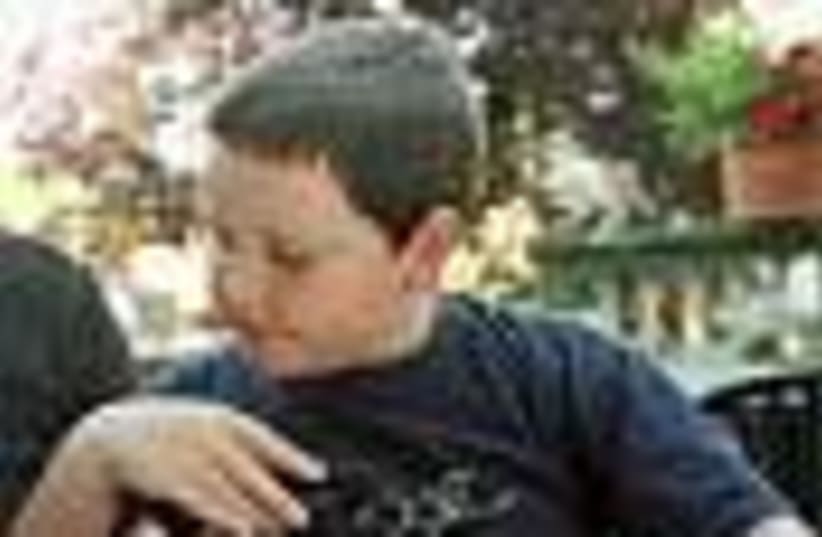| More about: | Virginia Commonwealth University, Hebrew University of Jerusalem, The New York Times, New York City |
Communicating hope
With the only program of its kind in Israel, the Tishma school attempts to prepare autistic children for life.


| More about: | Virginia Commonwealth University, Hebrew University of Jerusalem, The New York Times, New York City |